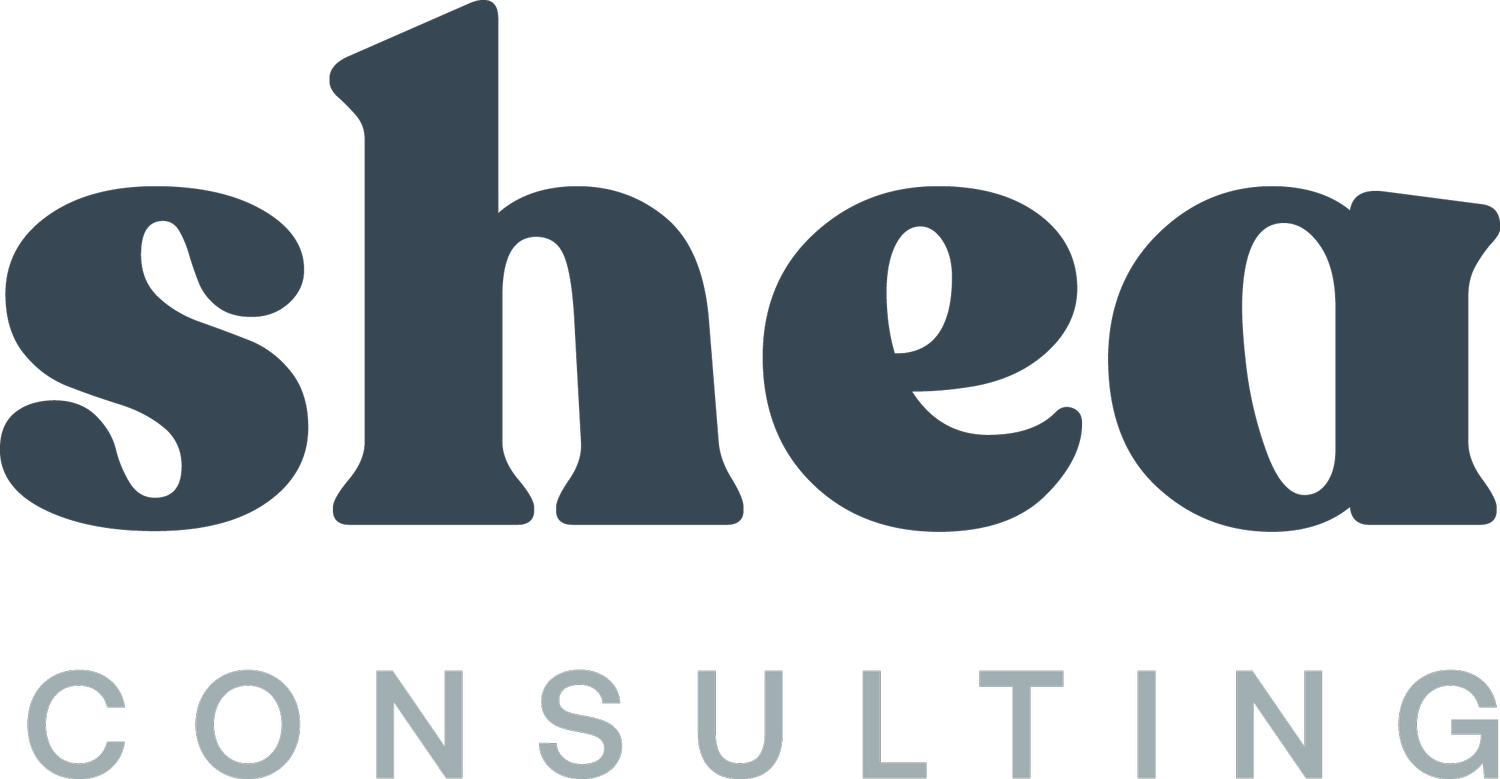
You're Not Late to AI: Why the Real Work Is Just Beginning
Last week I delivered a talk at Boston World Tour: 3 Use Cases For Getting Started with Agentforce. During conversations before and after, a common theme came up: lots of Salesforce professionals feel like they’ve “fallen behind” with regard to AI. Folks feel like they're late to the party. I don’t think so. Don’t think about 2025 as the year of agents, think about this as the decade of agents. If you feel like your AI skills aren't keeping up, you're not too late, there's a long way to go. Now is a great time to begin making progress.
With that in mind, here are 5 themes to kickstart your AI learning and build momentum:
1. Strengthen Your Analysis and Spec-Writing Skills
Agents require precise instructions. Ambiguity leads to errors, hallucinations, and unpredictable behavior. The challenge is that vague or unclear instructions often appear fine to the untrained eye. Spotting them takes real skill. Ambiguity can show up in many forms: hidden contradictions, subtle process gaps, or criteria that are lengthy but still incomplete.
The ability to write clear specifications (and to recognize when something is missing) is an essential skills for building reliable AI solutions. This includes creating assets such as:
Process diagrams
Test cases (including carefully considered edge cases)
If you want to build your skills in this area, I recommend checking out the work from the Elements team. They’re setting the standard for how to create clear, effective instructions for Salesforce agents.
2. Expand your scope beyond Agentforce
If you're a Salesforce professional looking to build your AI skills, don’t limit yourself to Agentforce. That’s not a knock on Agentforce, it's a great tool. But learning the fundamentals of a technology, including exposure to different tools and approaches, is an important part of building proficiency for the long term. Just like you become a better automation developer by understanding tools beyond Flow, you'll become a better AI technologist by exploring AI solutions beyond Agentforce.
There's no shortage of areas for you to learn. Check out vertical-specific AI tools in your industry. Check out various AI products, like: AWS, Sierra, Hubspot's OpenAI Connector, Cassidy. Learn about the strengths of various models.
Be intentional about who you learn from. Choose people who teach fundamentals, not just quick wins. A few recommendations from various categories:
Salesforce AI:
Elements.cloud (see above)
Popular Academics:
One Useful Thing Substack
From the Silicone Valley / Startup community:
Enterprise AI:
Note: if you have valuable resources to add to the list, DM me or leave them in the comments.
3. Get Hands-On
In the same way that it's important to be exposed to various tools, it is important to actually use the technology in a hands-on manner. You can only learn so much from reading or watching demos. Real understanding comes from building something yourself. Try building an Agentforce agent that has business value and a well-defined scope, like a lead qualification agent or a case response agent. You’ll discover roadblocks that you couldn’t have anticipated, smart shortcuts and a much more nuanced understanding of the technology. When I started using Agentforce I ran into a number of surprises, for example:
Building a chat agent was more complex than expected, mostly due to the unpredictability of user input.
Prompt Builder turned out to be far more powerful and flexible than I had assumed.
I wouldn’t have learned these things without getting hands-on.
Even if you don’t plan to build agents as part of your day-to-day role, taking the time to work directly with the technology will deepen your understanding.
4. Use Your Workplace As A Guide
Look within your organization to identify agent use cases with real-world value. Skip the abstract examples - instead, focus on problems your team actually faces and solutions your stakeholders would be enthusiastic about. Use your organization’s needs to shape your direction.
In my Boston talk, I shared five criteria for choosing your first Agentforce use case. You can use these as a lens to help identify use cases:
Business Value: Focus on a use case that delivers clear value to your stakeholders.
Measurable Impact: Consider how you'll measure the effectiveness of your agent.
Humans in the Loop: Especially for your first version, you may want to choose a use case that includes human oversight. This not only improves quality but also helps build confidence if your organization is apprehensive about starting to use AI.
Workflow Agents Over Chatbots: All things being equal, try workflow agents (agents that augment internal workflows) rather than chatbots to start out. As I mentioned above, the unpredictably of user input introduces complexities that workflow agents do not.
Well-Established Processes Choose a process that already exists and is well-defined. These tend to be better understood, lower risk and more likely to deliver value quickly.
5. Be Confident In Your Existing Tech Skills
Even in the world of AI, your existing technology skills will continue to be valuable. Skills like automation, integration, and UX won’t be replaced by AI, they’ll enable it. A few examples:
Automation will be the foundation for workflow agents.
Frameworks like Model Context Protocol (MCP) will require integration expertise.
Incorporating AI into users’ day-to-day work will depend on strong UX principles.
Your current skills won’t become irrelevant, they’ll become the foundation for your AI capabilities.
Long story short: you’re not behind. There’s plenty of work ahead, and now is the perfect time to start building your AI skills for the long term. I hope these principles help guide you along the way.
